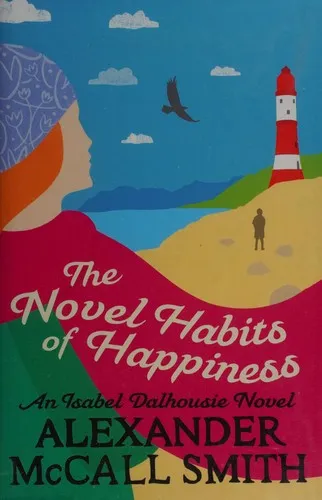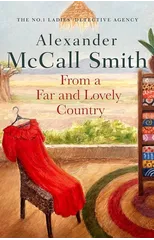Isabel Dalhousie is one of Edinburgh's most generous (but discreet) philanthropists - but should she be more charitable? She wonders, sometimes, if she is too judgmental about her niece's amorous exploits, too sharp about her housekeeper's spiritual beliefs, too ready to bristle in battle against her enemies. As the editor of the Review of Applied Ethics, she doesn't, of course, allow herself actual enemies, but she does feel enmity - especially towards two academics who have just arrived in the city. Isabel feels they're a highly destabilizing influence; little tremors in the volcanic rock upon which an Enlightened Edinburgh perches. Equally troubling is the situation of the little boy who is convinced he had a previous life. When Isabel is called upon to help, she finds herself questioning her views on reincarnation. And the nature of grief. And - crucially - the positioning of lighthouses. The only questions Isabel doesn't have to address concern her personal life. With her young son and devoted husband her home life is blissfully content. Which is the best possible launching pad for the next issue of the Review - the Happiness issue. As Isabel is beginning to appreciate, happiness, for most people, is not quite what it seems . . .
Alexander McCall Smith
Alexander McCall Smith is a prolific Scottish writer best known for his No. 1 Ladies' Detective Agency series, which follows the adventures of Precious Ramotswe in Botswana. His writing style is characterized by gentle humor, vivid descriptions of landscapes, and insightful observations on human nature. McCall Smith's works often explore themes of morality, ethics, and the complexities of human relationships. He has made significant contributions to the genre of contemporary fiction, particularly in the realm of cozy mysteries and feel-good novels. His most famous work, The No. 1 Ladies' Detective Agency, has been adapted into a successful television series and has garnered international acclaim for its charming characters and engaging storytelling.





